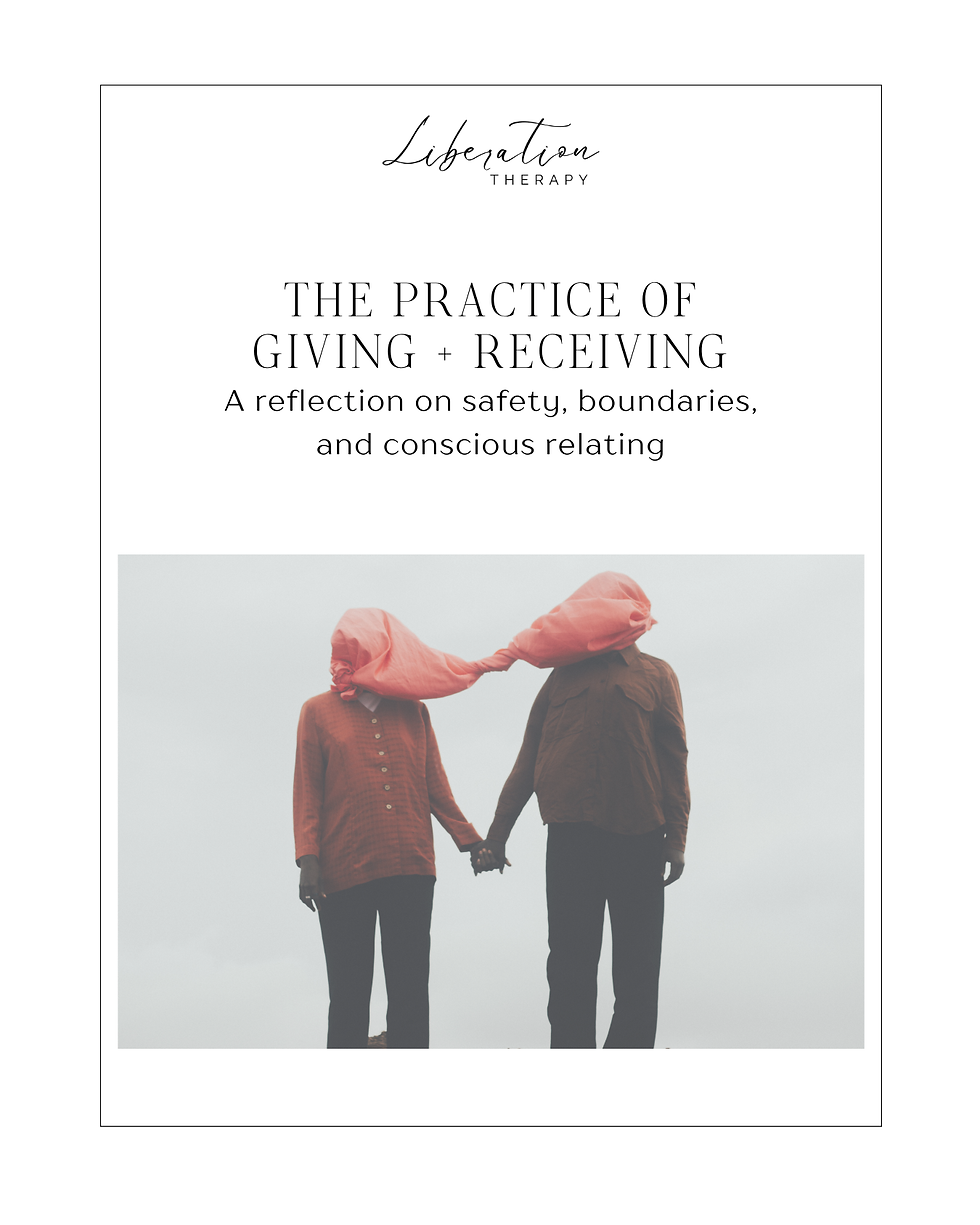"You stay in control so I can finally let go."
- Zero (aka Charlie Nicely)

- Jun 18, 2025
- 2 min read

"You stay in control so I can finally let go."
This is the quiet contract that lives under so many trauma-shaped relationships.
It shows up in therapy.
In partnership.
In D/s dynamics.
In spiritual mentorship.
Even in friendships.
"You hold the container, so I don’t have to hold myself."
"You stay regulated, certain, serene — so I can soften, feel safe, stop bracing."
This isn't a flaw.
It’s not something to pathologize or shame.
It's a survival strategy — one that formed in the absence of co-regulation, in the face of rupture that went unrepaired, in childhoods that required performance over presence.
But if left unnamed, it becomes a trap.
It asks one person to become the nervous system for two.
To carry the steadiness.
To manage the uncertainty.
To quietly absorb the terror of the other’s tenderness.
And that’s not connection.
That’s fusion.
That’s projection.
That’s a kind of devotional over-functioning — often unconsciously gendered, often spiritualized, often mistaken for love.
It’s not that we shouldn’t rely on each other.
We’re built for co-regulation, for attunement, for surrender in safe arms.
But surrender is different than outsourcing.
Attunement is different than hypervigilance.
Support is different than substitution.
The work — the real work — is to feel the ache to be held completely
without handing over your center.
To soften without collapsing.
To rest into relationship while still rooted in your own spine.
To let someone walk beside you without asking them to become your ground.
Whether you’re a partner, a teacher, a space-holder, or simply a human who longs to be known —
you deserve to come home to the kind of safety that doesn’t require someone else to carry you in order to feel whole.
You don’t have to hold it all alone.
But it’s okay to learn — slowly, gently — how to hold yourself with others, not through them.
That is the heart of real relating.
That is the sacred middle between sovereignty and surrender.
That is where love becomes liberation.



Comments